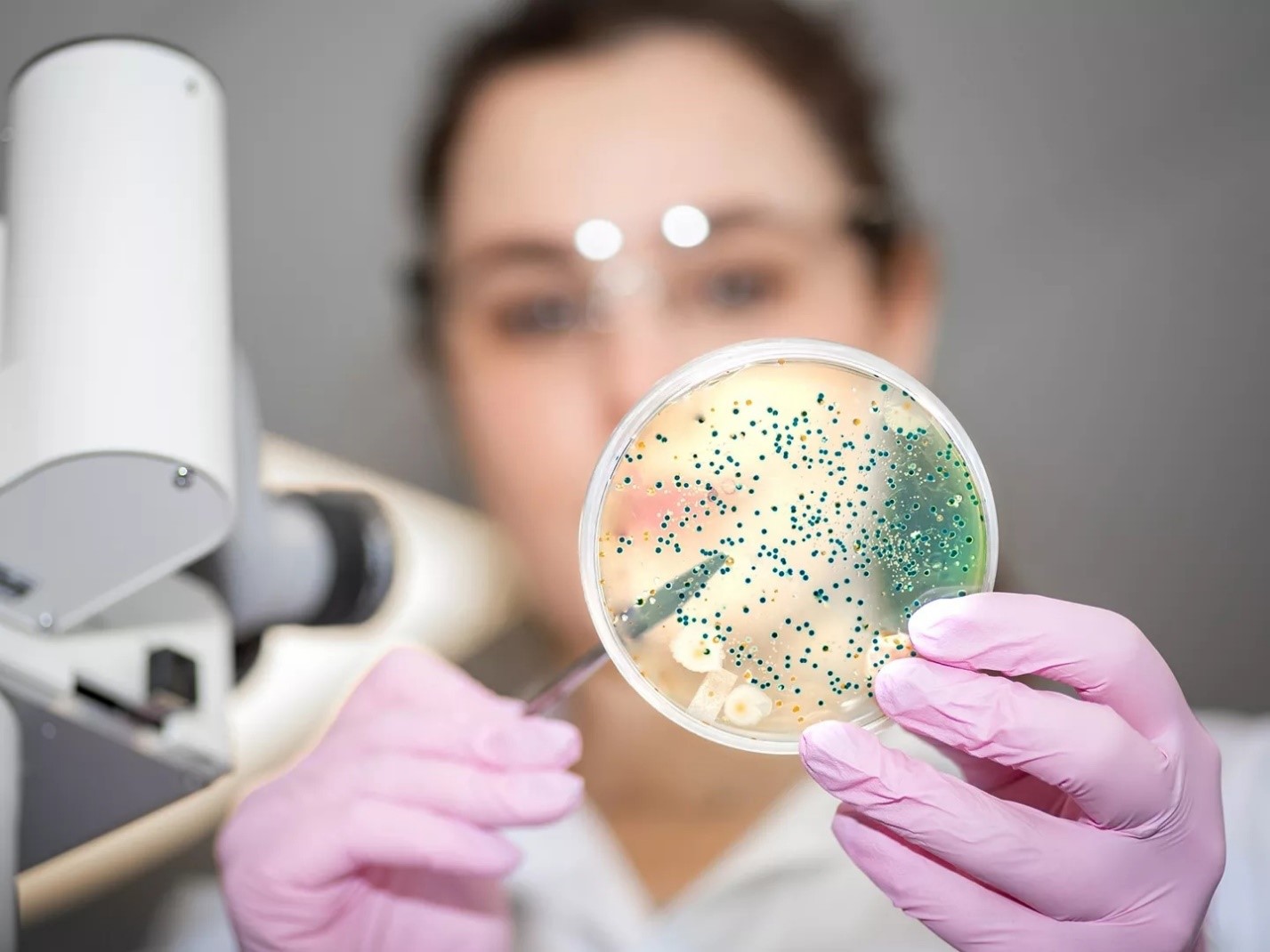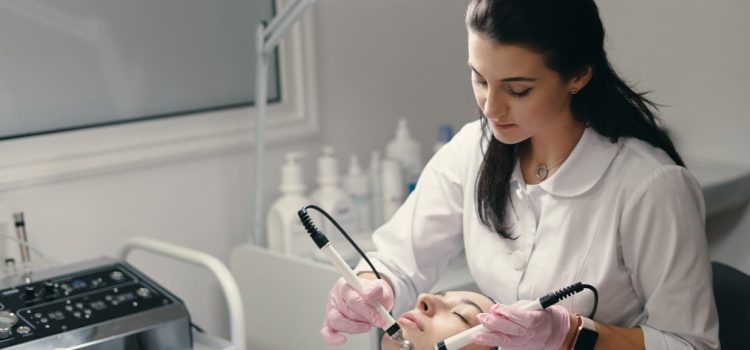
In recent years, the field of dermatology has witnessed groundbreaking advancements that are revolutionizing skin care. From novel treatments to cutting-edge technologies, these innovations are enhancing the way we understand and manage skin health. This article delves into the latest developments in dermatology and their impact on skin care.
The Role of Technology in Dermatology
Teledermatology: Bridging the Gap
One of the most significant advancements in dermatology is teledermatology. This technology allows dermatologists to consult with patients remotely, making skin care more accessible. Through high-resolution images and video consultations, dermatologists can diagnose and recommend treatments without the need for in-person visits. This is particularly beneficial for patients in remote or underserved areas.
Artificial Intelligence: Enhancing Diagnostic Accuracy
Artificial intelligence (AI) is another game-changer in dermatology. AI algorithms can analyze skin images with remarkable precision, identifying conditions like melanoma, psoriasis, and eczema. These algorithms are trained on vast datasets, enabling them to recognize patterns that might be missed by the human eye. This not only improves diagnostic accuracy but also speeds up the process, allowing for quicker interventions.
Innovative Treatments and Therapies
Biologics: Targeted Therapy for Chronic Conditions
Biologics are a class of drugs that have transformed the treatment of chronic skin conditions such as psoriasis and atopic dermatitis. These medications target specific components of the immune system, reducing inflammation and alleviating symptoms. Unlike traditional treatments, biologics offer a more targeted approach, minimizing side effects and improving patient outcomes.
Laser Therapy: Precision and Versatility
Laser therapy has become a versatile tool in dermatology, used for everything from treating acne scars to removing tattoos. Advances in laser technology have made treatments more precise and less invasive. Fractional lasers, for example, can target microscopic areas of skin, promoting collagen production and rejuvenation without damaging surrounding tissue.
Microneedling and Radiofrequency: A Synergistic Approach
Microneedling, combined with radiofrequency (RF) energy, is another innovative treatment gaining popularity. This technique involves creating tiny punctures in the skin and delivering RF energy to deeper layers. The result is improved skin texture, reduced fine lines, and enhanced collagen production. This combination therapy offers a minimally invasive option with impressive results.

Personalized Skin Care: The Future is Here
Genetic Testing: Customized Treatment Plans
Genetic testing is paving the way for personalized skin care. By analyzing an individual’s genetic makeup, dermatologists can identify predispositions to certain skin conditions and tailor treatment plans accordingly. This personalized approach ensures that patients receive the most effective treatments based on their unique genetic profiles.
Microbiome Research: Balancing Skin Health
The skin microbiome, the collection of microorganisms living on our skin, plays a crucial role in maintaining skin health. Recent research has highlighted the importance of a balanced microbiome in preventing conditions like acne and eczema. Innovations in microbiome research are leading to the development of probiotics and prebiotics specifically designed for skin care. These products aim to restore and maintain a healthy microbial balance, promoting overall skin health.
The Impact of Consumer Technology
Smart Devices: Monitoring and Management
Consumer technology is also making its mark on skin care. Smart devices, such as wearable sensors and mobile apps, are enabling individuals to monitor their skin health in real-time. These devices can track factors like UV exposure, hydration levels, and skin conditions, providing valuable insights and personalized recommendations. This empowers individuals to take a proactive approach to their skin care routine.
Augmented Reality: Virtual Consultations and Education
Augmented reality (AR) is being used to enhance virtual consultations and patient education. AR can simulate various skin conditions, helping patients understand their diagnosis and treatment options. It also allows for virtual try-ons of skin care products, enabling consumers to see the potential effects before making a purchase. This technology not only improves patient engagement but also aids in informed decision-making.
The Future of Dermatology and Skin Care
The future of dermatology and skin care is undoubtedly exciting. As technology continues to advance, we can expect even more innovative treatments and personalized approaches. Here are some trends to watch for:
Regenerative Medicine: Healing from Within
Regenerative medicine, which focuses on repairing and regenerating damaged tissues, holds great promise for dermatology. Techniques like stem cell therapy and platelet-rich plasma (PRP) are being explored for their potential to rejuvenate skin and treat conditions like scars and hair loss. These therapies aim to harness the body’s natural healing processes, offering a more holistic approach to skin care.
Nanotechnology: Precision at the Molecular Level
Nanotechnology is another field with significant implications for dermatology. By manipulating materials at the molecular level, researchers are developing nano-sized particles that can deliver drugs and nutrients directly to specific skin cells. This targeted delivery system enhances the effectiveness of treatments while minimizing side effects. Nanotechnology also holds potential for developing advanced sunscreens and anti-aging products.
Artificial Skin: A New Frontier
Artificial skin, or bioengineered skin, is an emerging area of research with the potential to revolutionize skin care. Scientists are developing synthetic skin that mimics the properties of natural skin, including its ability to heal and regenerate. This innovation could have profound implications for treating burns, wounds, and other skin injuries. Artificial skin may also serve as a testing platform for new drugs and cosmetics, reducing the need for animal testing.
Conclusion
Innovations in dermatology are transforming the landscape of skin care, offering new possibilities for diagnosis, treatment, and prevention. From teledermatology and AI-driven diagnostics to personalized treatments and regenerative medicine, these advancements are enhancing the way we care for our skin. As technology continues to evolve, the future of dermatology and skin care looks brighter than ever, promising more effective, personalized, and accessible solutions for maintaining healthy skin.










